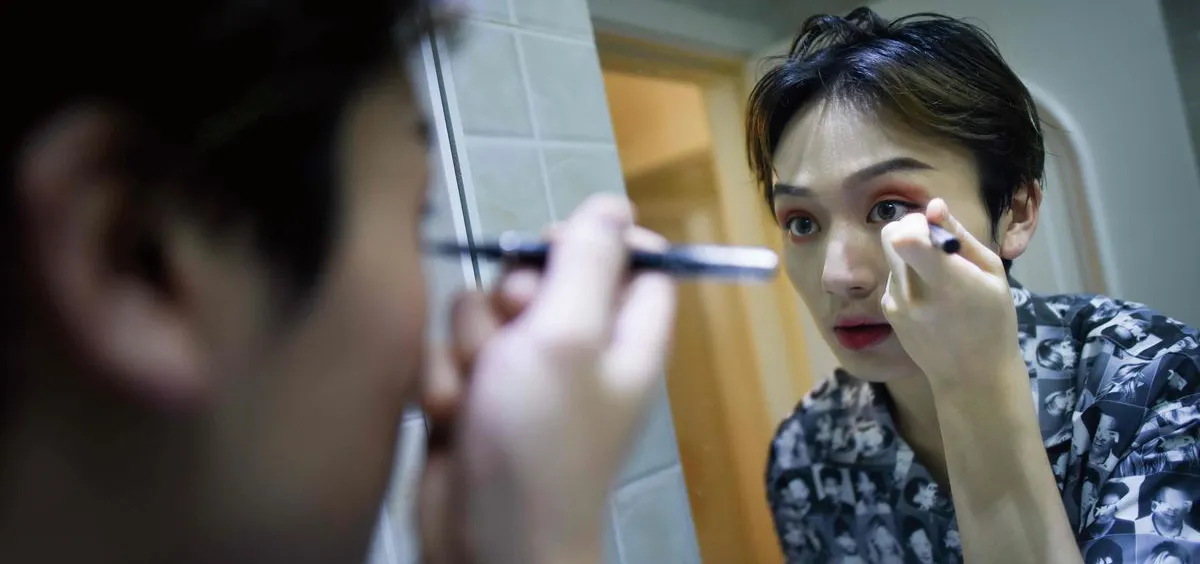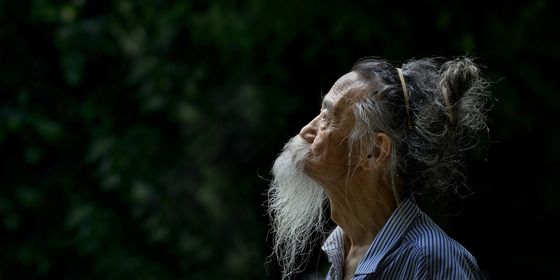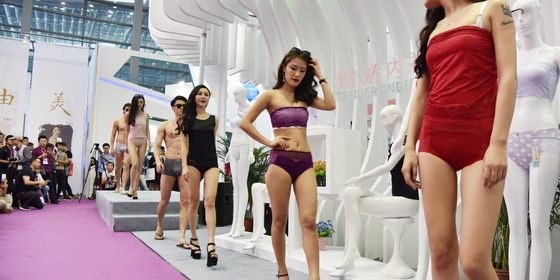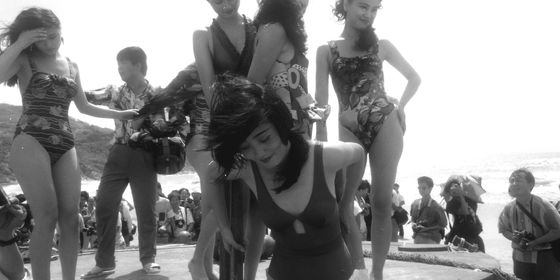Male cosmetics gain growing acceptance in China
When Alibaba founder Jack Ma challenged “Lipstick Brother” Li Jiaqi to a live-streamed cosmetics-selling contest last November, no one was surprised to see the male beauty vlogger win by a landslide, selling out 15,000 tubes of lipstick in under five minutes.
Li currently has 15 million followers on short video app Douyin, but his makeup tips and product reviews haven’t always been so popular. “When I first started, there was a lot of negative feedback, questioning why a guy was doing makeup,” the 27-year-old, who began vlogging in 2017, tells Alibaba’s news portal Alizila.
Yet that year, China overtook South Korea to become Asia’s largest male cosmetics market, and the trend has only continued since. The recent Chinese Men’s Consumer Report released by Alibaba indicates that sales of men’s makeup and skin-care products grew by 140 percent in 2018 on e-commerce platform Taobao.
Sales of “beauty balm” and “color correcting” cream among men increased by 185 percent in 2018, while men’s eyebrow-set sales increased by 214 percent. Almost five percent of Chinese men wear makeup every day, according to CCTV Finance.
The fashion is believed to have been started by South Korea’s pop music industry, whose painted performers have a large fan base in China. A related Chinese phenomenon is the “little fresh meat,” young actors known for their dewy complexion, lithe frame, and androgynous look.
The fashion is also a youthful one: one in three men buying foundation is born after 1995, according to Alibaba. CCTV reports that men aged 15 to 34 contributed over 50 percent of the growth rate to the domestic male skin-care market in the first three quarters of 2018. Ling Duan, brand marketing manager of shopping site Tmall, believes that the “post-90s” generation finds it “easier…to express themselves.” Meanwhile, over 80 percent of youths surveyed in 2018 by Boss Zhipin, a job-searching app, believed that good grooming would give them an edge in an increasingly competitive job and marriage market.
International beauty brands are paying attention—Chanel launched its men’s cosmetics line in China in March—while societal attitudes are also becoming more tolerant. According to social media research company Zhiweidata, around a third of Weibo users were against men wearing makeup prior to 2017, while less than half supported it. By 2018, however, over 60 percent were supportive of the trend, while its critics had fallen to just 8 percent.
“Lipstick Brother” says that his male followers have been growing for the past year, and now account for almost 20 percent of his audience. In a complete turnaround from his early live-streaming days, “Many people [now] say that I am beautiful, sophisticated, and handsome,” says Li, and advises international and domestic brands to match their supply to the demand. “The demand for male beauty is huge.”
Man Up is a story from our issue, “Wild Rides.” To read the entire issue, become a subscriber and receive the full magazine.














